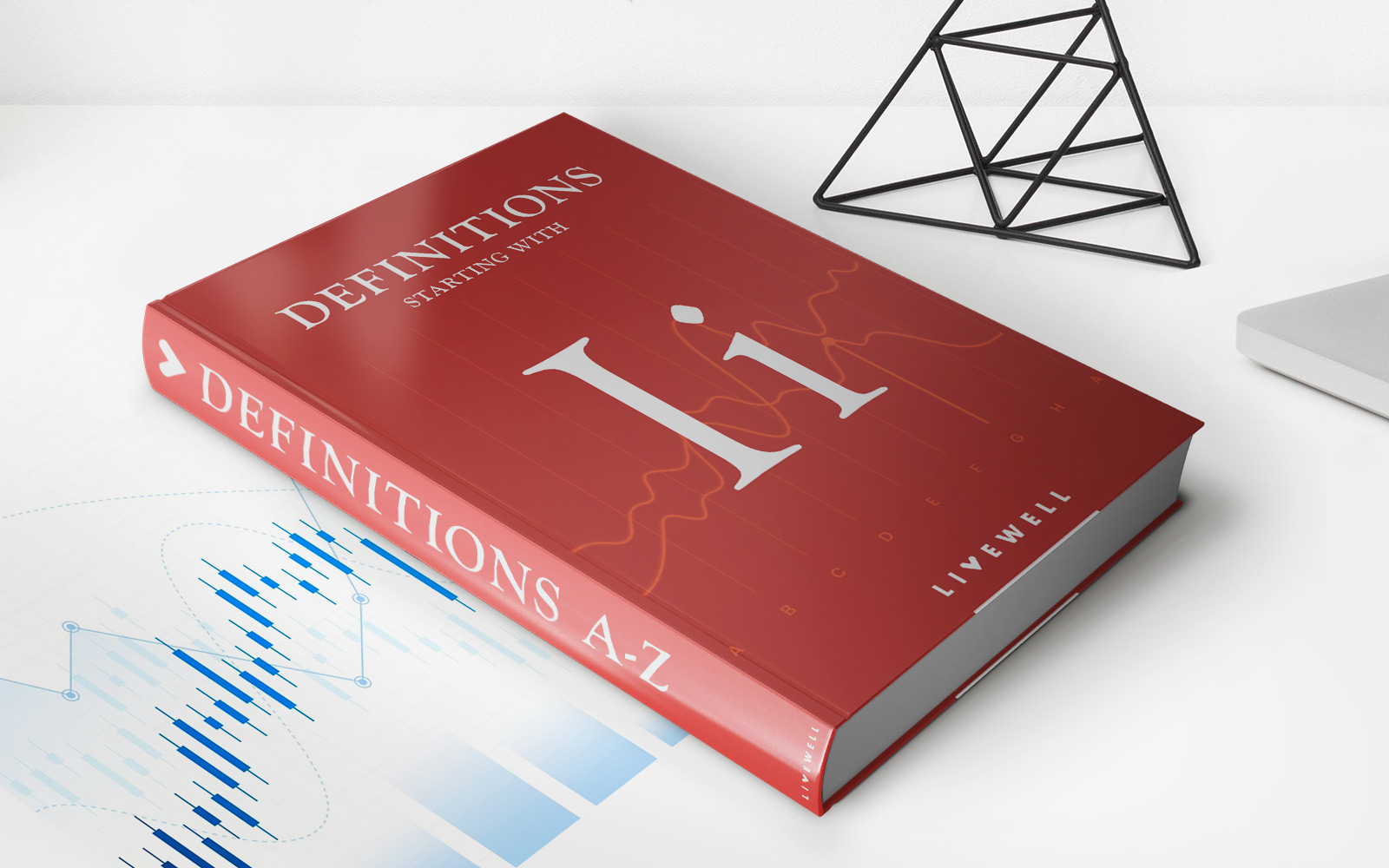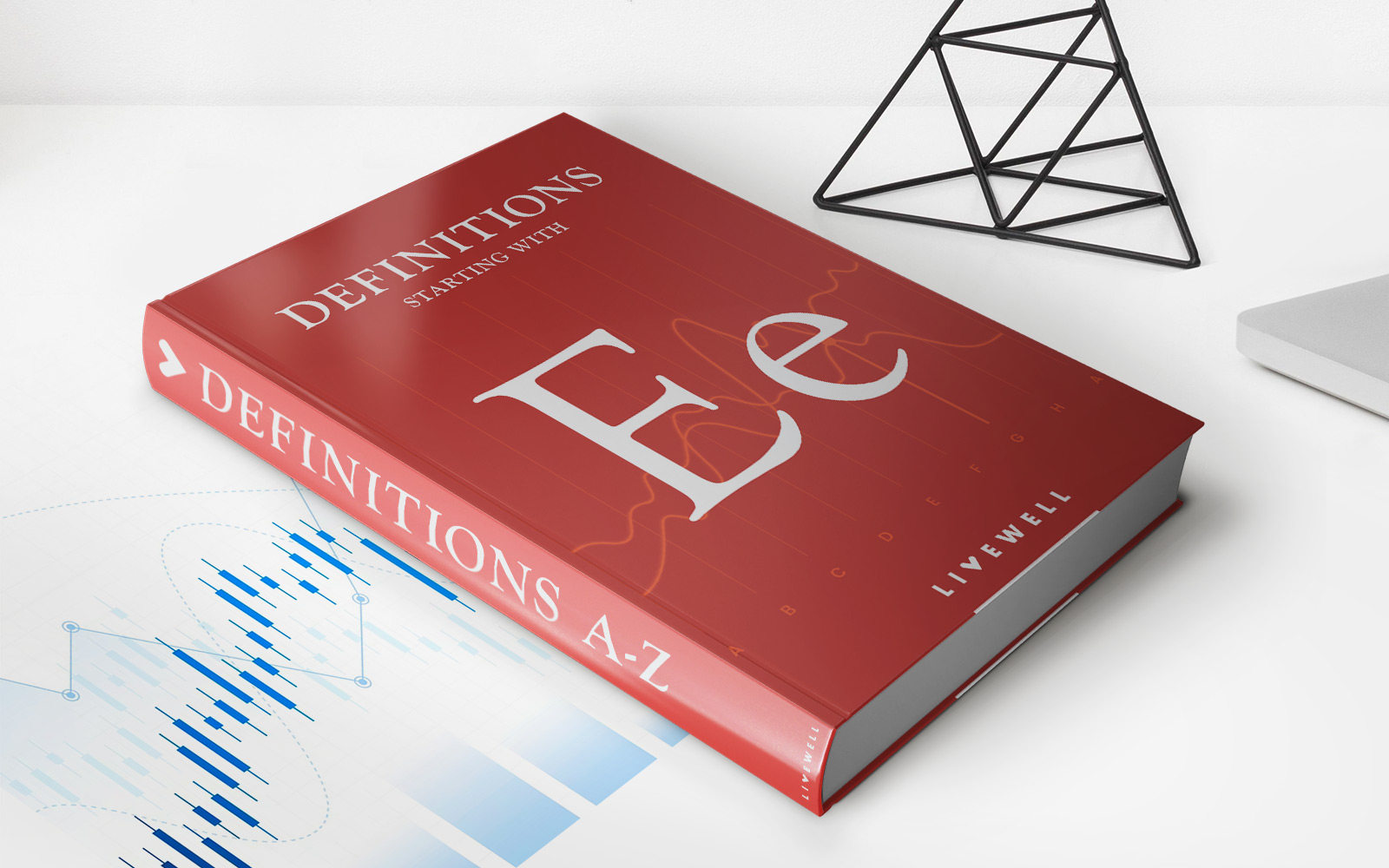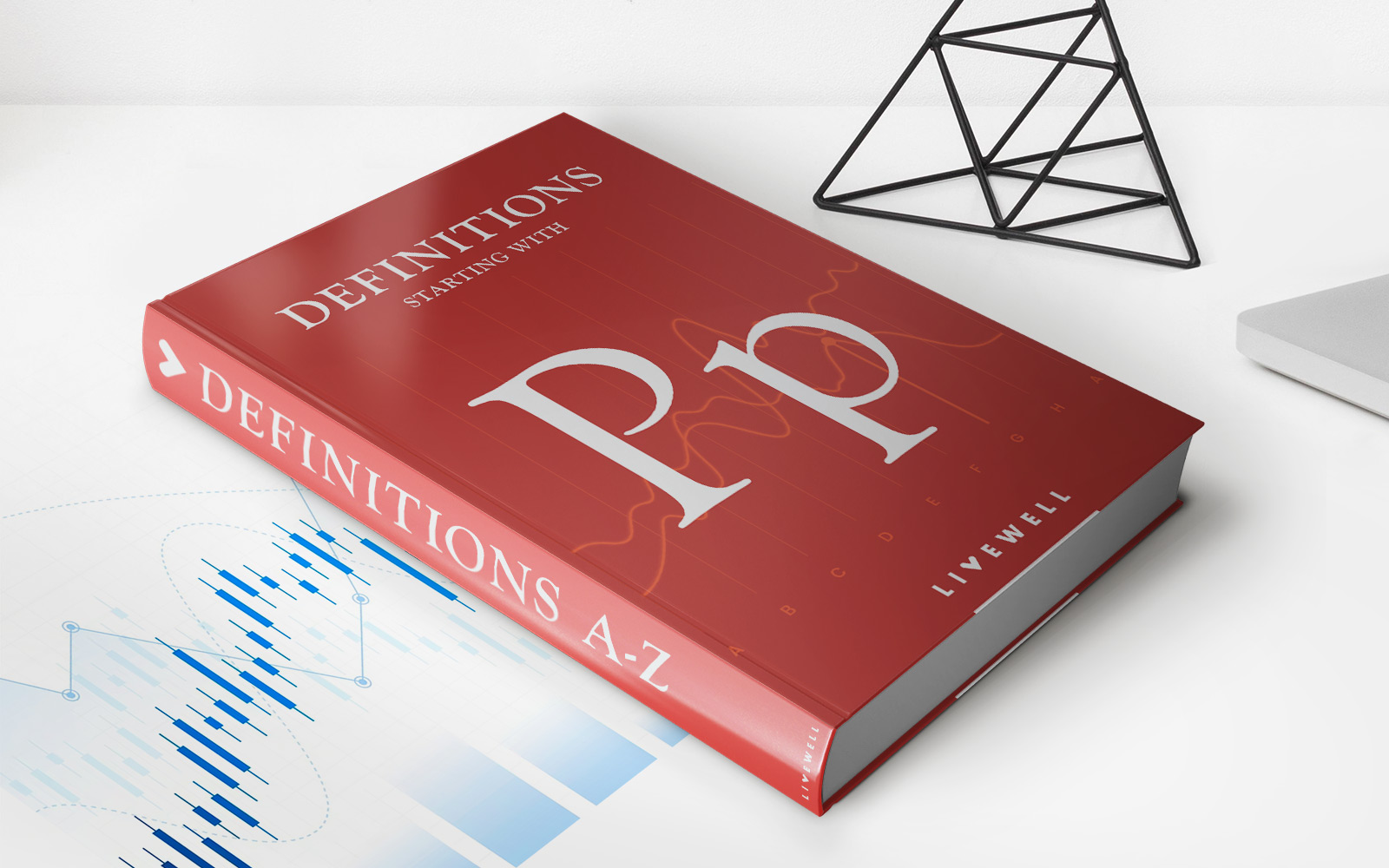

Finance
Independent 401(k) Definition
Published: December 8, 2023
Learn about the definition of an independent 401(k) and how it can benefit your finance goals. Discover the advantages and considerations for this retirement savings plan.
(Many of the links in this article redirect to a specific reviewed product. Your purchase of these products through affiliate links helps to generate commission for LiveWell, at no extra cost. Learn more)
Securing Your Financial Future with Independent 401(k)
Are you a self-employed individual looking to take control of your financial future? If so, an Independent 401(k) could be the perfect solution for you. In this article, we’ll explore what an Independent 401(k) is, how it works, and why it’s a valuable tool for self-employed individuals.
Key Takeaways:
- Independent 401(k) is a retirement savings plan designed specifically for self-employed individuals.
- It offers higher contribution limits than traditional 401(k) plans, allowing you to maximize your retirement savings.
Let’s start by answering a common question – what exactly is an Independent 401(k)? Also known as a Solo 401(k) or Individual 401(k), it is a retirement savings plan that targets self-employed individuals who have no employees, or only have employees who are spouses.
Now that we’ve defined what an Independent 401(k) is, let’s delve into the benefits and advantages this type of retirement savings plan offers:
1. Higher Contribution Limits
One of the biggest advantages of an Independent 401(k) is the higher contribution limits when compared to traditional 401(k) plans. As a self-employed individual, you’re allowed to contribute both as the employer and the employee, which can significantly increase your retirement savings potential. In 2021, you can contribute up to $58,000, or $64,500 if you’re 50 or older, depending on your income.
2. Flexibility and Control
With an Independent 401(k), you have full control over your investment choices. You can choose from a wide range of assets such as stocks, bonds, mutual funds, or even real estate, giving you the flexibility to create a diversified portfolio that aligns with your risk tolerance and investment goals. This level of control and flexibility ensures that your retirement savings are tailored to your unique financial situation.
In summary, if you’re a self-employed individual looking to take charge of your retirement savings, an Independent 401(k) is a powerful tool to consider. With higher contribution limits and greater investment control, it provides the flexibility and security you need to build a solid financial future. Don’t miss out on the opportunity to maximize your retirement savings and secure your financial independence!














